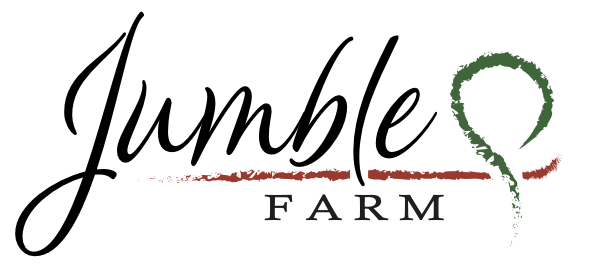Our Puppy Training Program
Overview
We are a small breeder, so we can spend many hours with each litter, believing early socialisation and training is essential to the outcome, success and overall wellbeing of the dog, regardless of its role/purpose (livestock guardian dog or companion dog). We do not charge anything additional for this training program. The costs of our dogs are comparable to other ANKC Pedigree Maremma Sheepdogs.
Our Puppy Training Program includes:
Early Neurological Stimulation Program
Puppy Socialisation Program
Obedience Training/Life skills
Early Livestock Guardian Training
Puppy Aptitude and Personality Testing
To find out more about each program, please see sections below. There is also a collection of photos representing some of our programs.

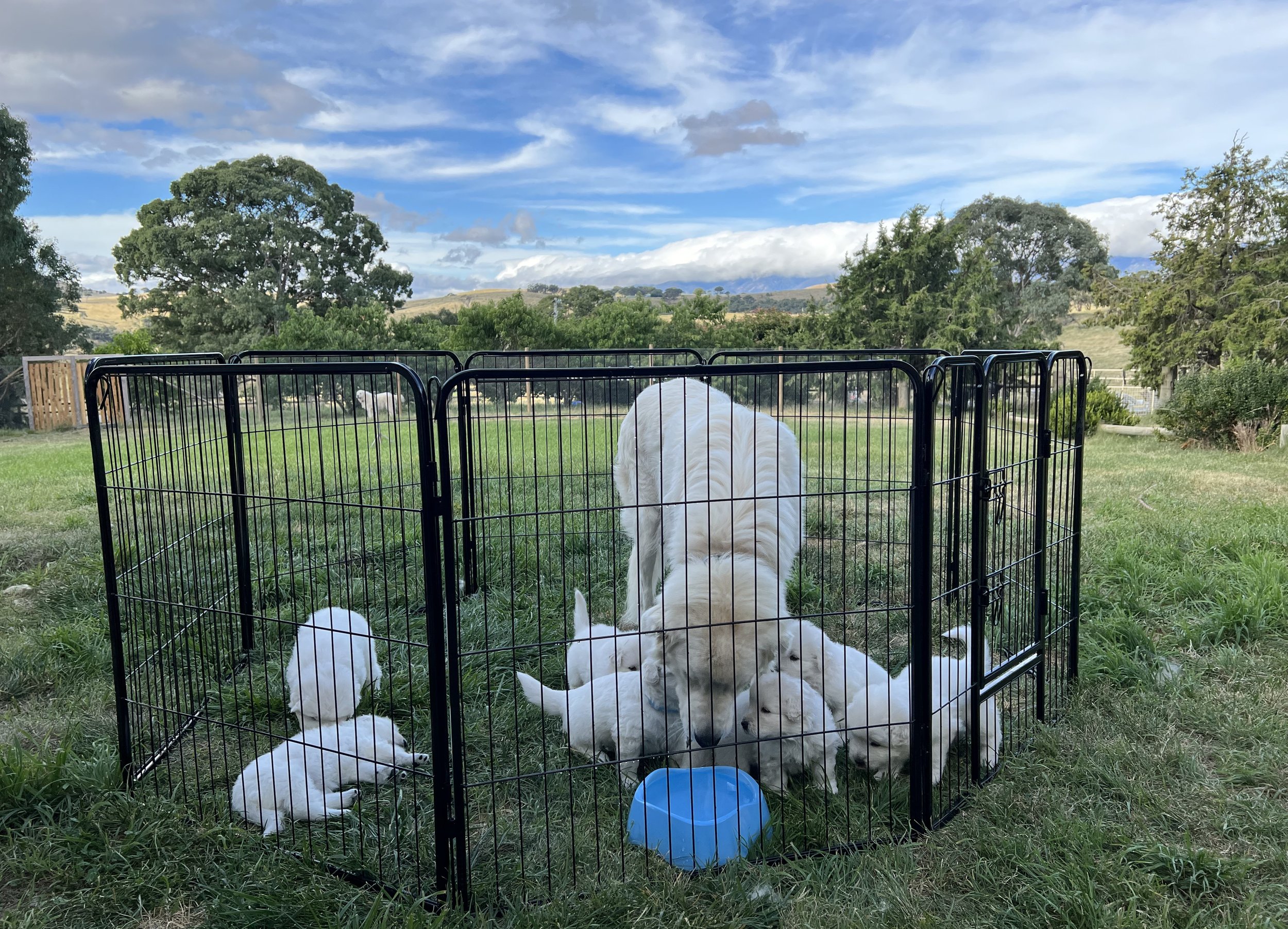


Early Neurological Stimulation Program:
We are excited to be trialing the Early Neurological Stimulation (ENS) program (aka Super Dog Program) with our next litter – this is variety of biosensor exercises developed by the U.S. military to improve the health and performance of working dogs. The exercises are performed every day with the pups from 3 days to 16 days old.
Benefits of this program have been well researched and include:
Improved cardiovascular performance (heart rate)
Stronger heart beats
Stronger adrenal glands
More tolerance to stress
Greater resistance to disease.
For detailed information about ENS, please see the following webpage: https://breedingbetterdogs.com/article/early-neurological-stimulation

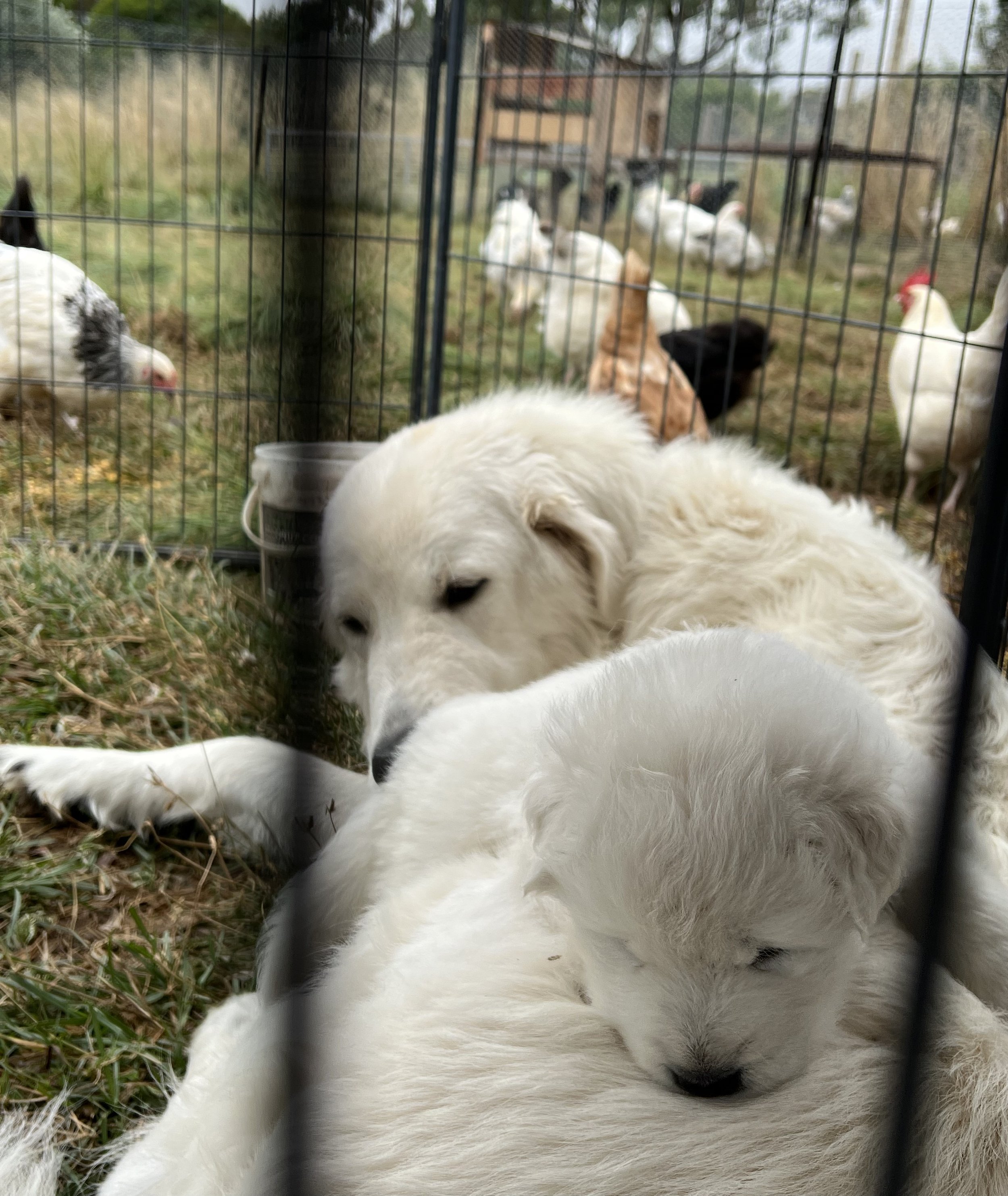

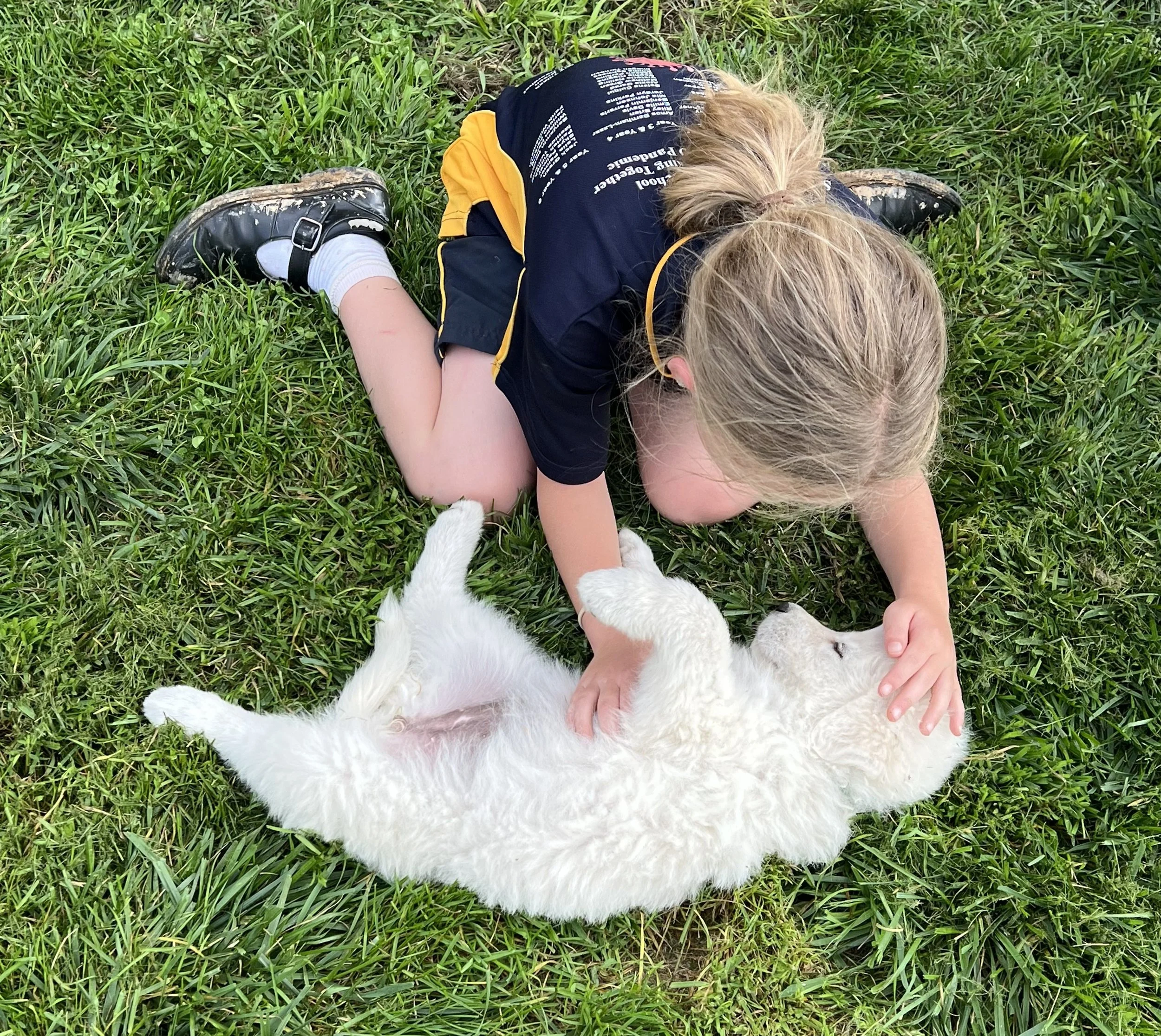
Puppy Socialisation Program:
“Socialisation" is an education process where the puppy learns key life skills, so they grow up being calm, happy, confident and they communicate effectively with other dogs and with humans. There is an important socialisation window for pups, which begins at birth until 16 weeks, some suggest this window closes earlier for large breed dogs.
During the first 16 weeks of a pups life (the socialisation window), every single thing they see, hear, feel, smell and taste, every meeting they have and every new thing they discover, produces literally trillions of new brain connections that will last for life.
Our early socialisation program has proven to be very effective; we have successfully placed pups in livestock guardian roles, companion dog roles (on property with a side job – humans/poultry and property to guard), and most recently in an urban home (however, please note specific conditions apply).
Because the most critical period of the early socilisation window for a pup is between 4 to 8 weeks, we make sure the pups have a diverse experience and are exposed to a variety of different stimuli and positive experiences during this time. As breeders, having the pups in our care during this critical period, we take this responsibility seriously.
Our checklist includes over 100 different experiences (most are completed by 12 weeks of age, some are limited to older pups due to the vaccination status of the puppy): for example the pups are met and handled by a variety of different people (young/old, wearing hats, facial hair, dressed up); the pups are exposed to different situations (including traffic and household life); the pups experience car travel (back of the Ute, inside the cabin); the pups experience farm life (we have a large variety of farm animals); the pups are introduced to city life (vet visits, shop visits, crowds, schools); we expose the pups to a variety of sounds (including music, alarms, balloons popping and thunder); we provide the pups different types of food, and we introduce the pups to general handling/grooming.


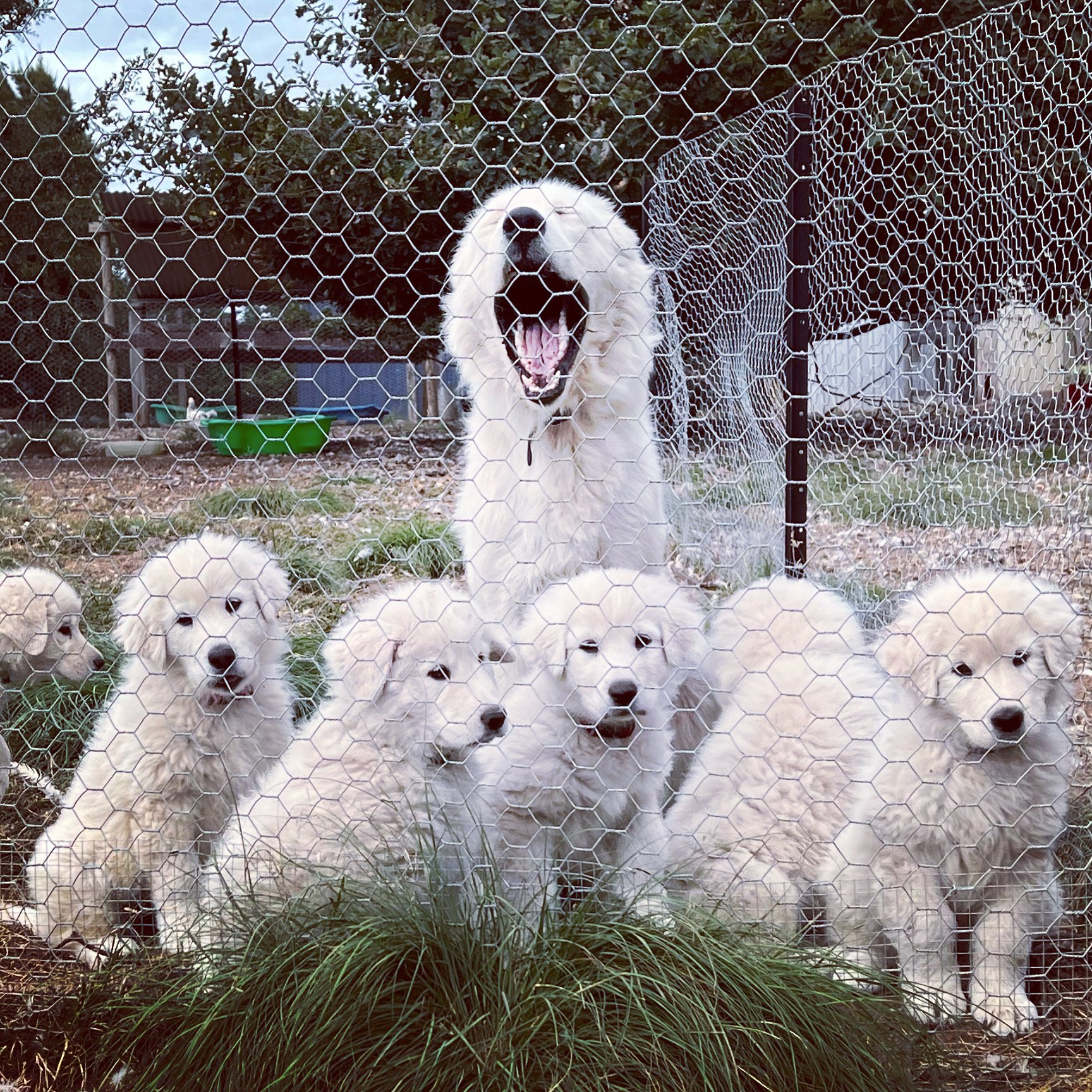

Early Livestock Guardian Training:
Pups are exposed to poultry/small livestock from 3 weeks, where they safely exposed to a variety of poultry and goats. When they are old enough, they are introduced to larger farm animals. Later, they are moved to separate training yards with an older mentor dog, learning to guard/bonding with poultry and/or goats.
This teaches all pups, regardless of their adult dog role, to accept and respect different animals. When the pups are older, we divide them up, and mix up the groups around, so they don’t yet form a strong bond with another pup or mentor dog.
When they leave Jumble Farm they have proven to bond successfully and quickly with a new family and/or livestock/poultry.
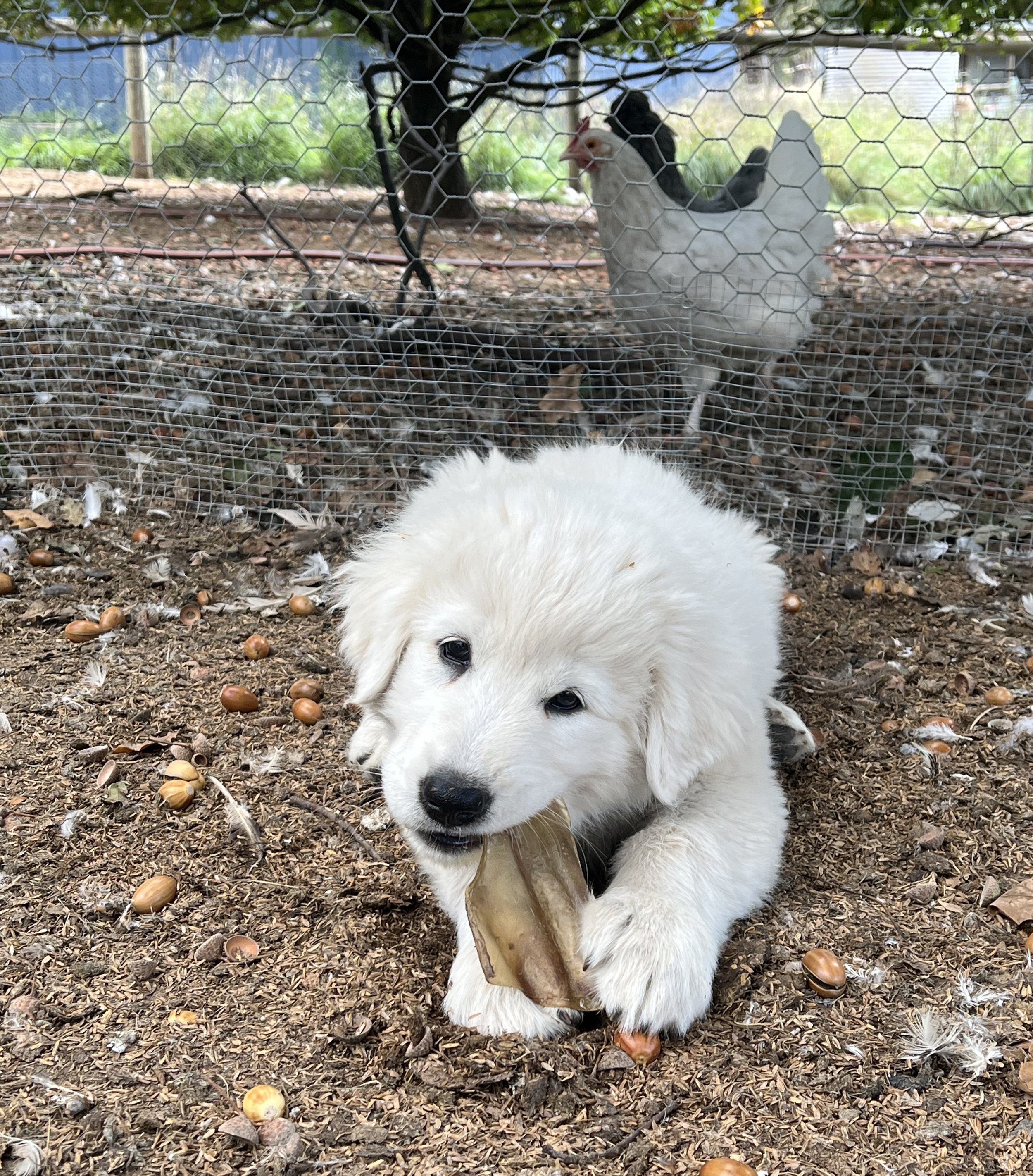
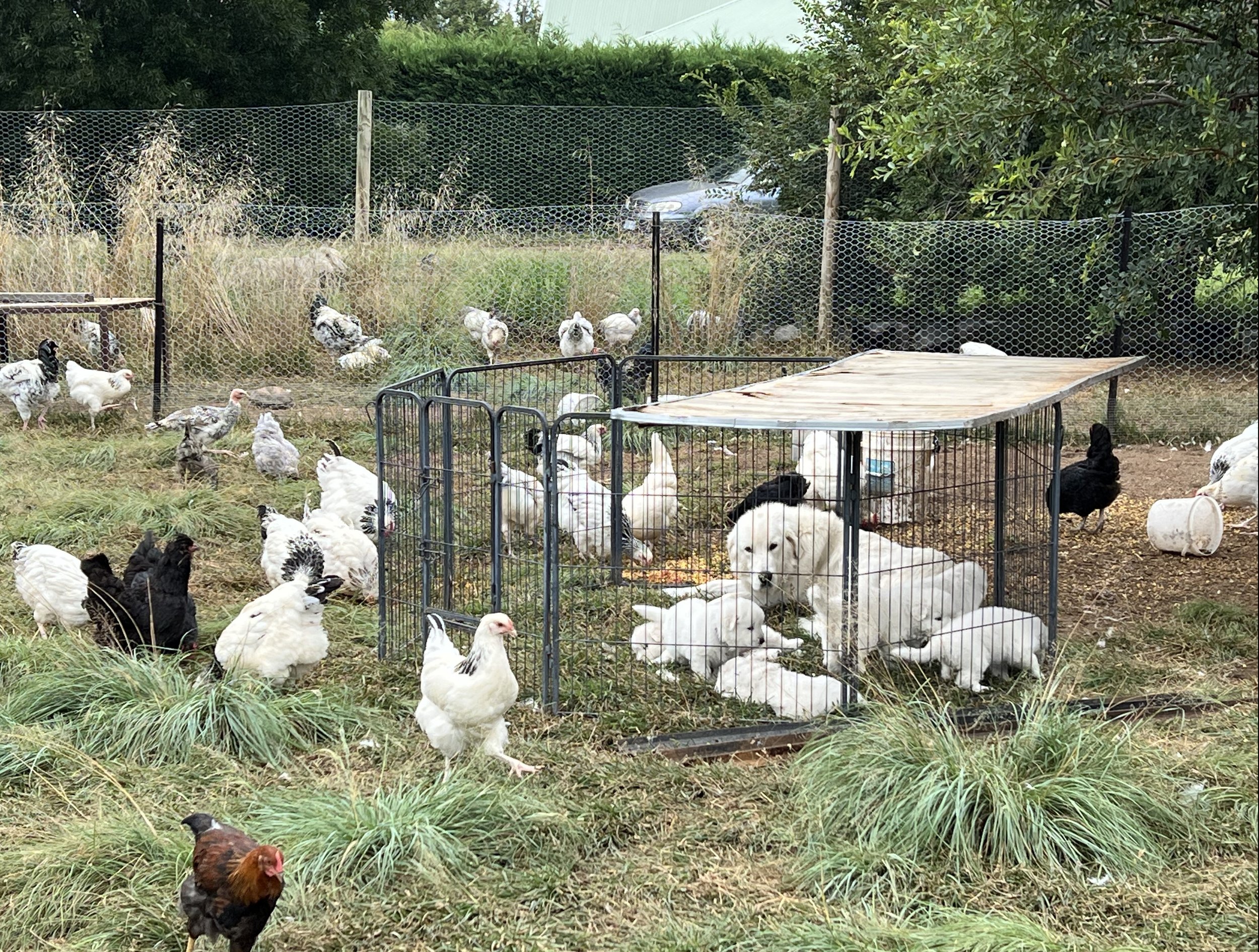
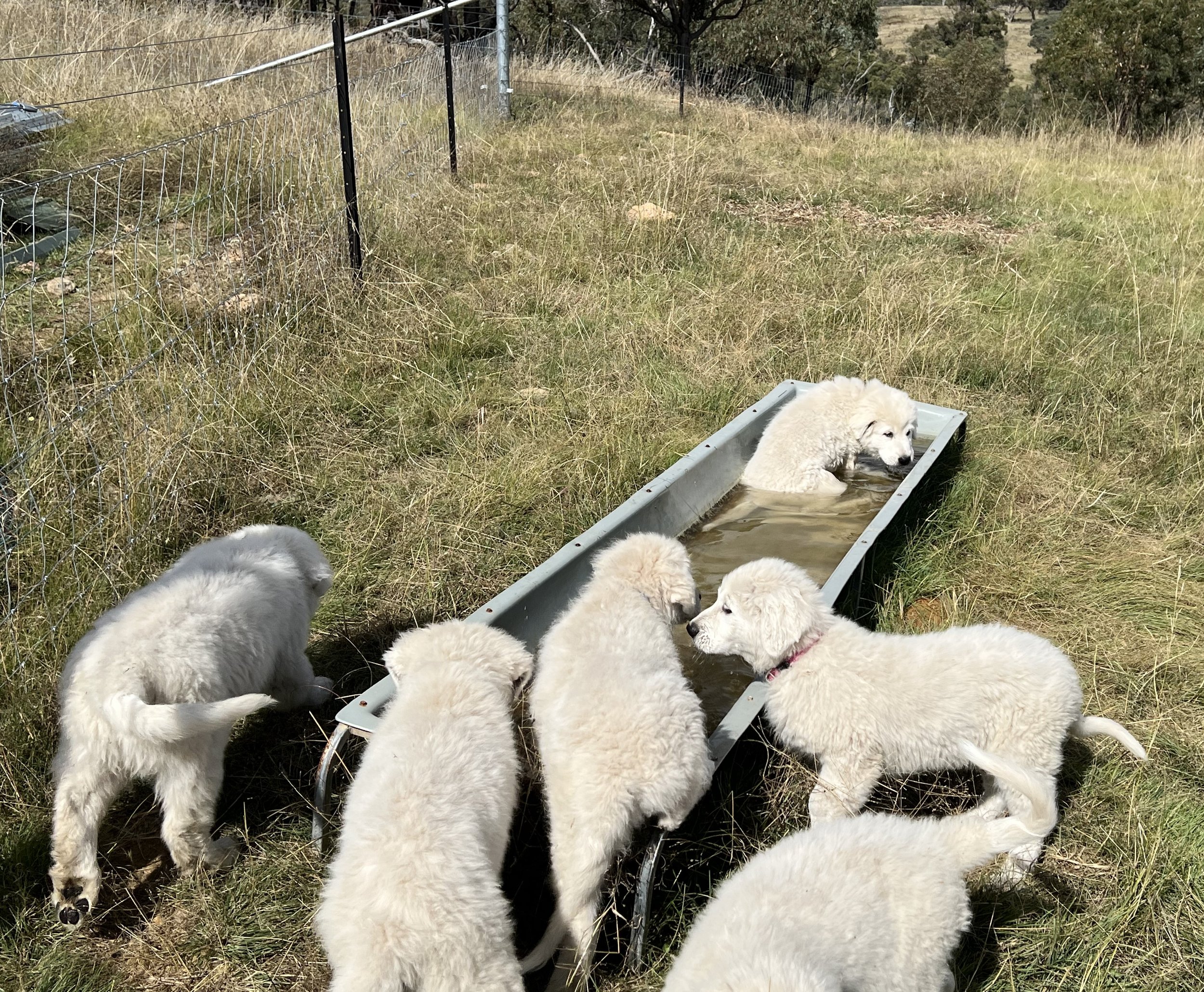

Obedience Training/Life skills:
The pups are also taught important life skills, we commence early toilet training (once we introduce solid food), crate training, car travel, tethering, lead walking and walking without a lead.
We supervise feeding to correct any signs of food aggression (can be a problem with some dogs). We start basic obedience training including (sit, stay and recall).
Pups are well socialised with numerous other Maremma’s, we have cats on the farm, and they are introduced to several ordinary dogs.



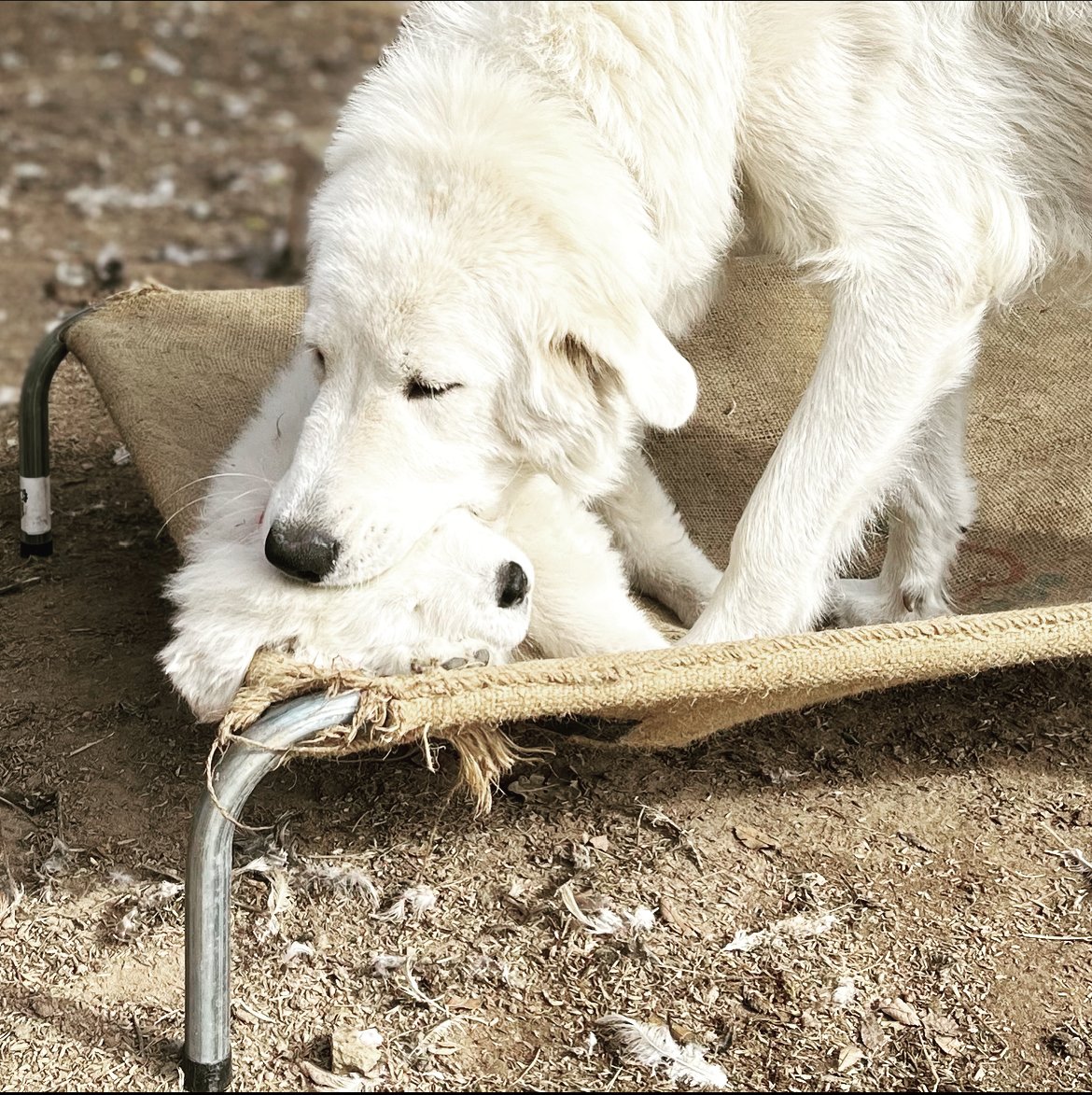
Puppy Aptitude and Personality Testing:
With this upcoming litter, we will be using a variety of puppy specific tests from 7 weeks of age, that have been used successfully well researched.
The results can predict the adult personality of the pup and determine the dogs most suitable role. The testing includes Obedience, Aptitude, Barrier and Livestock testing.
A report of the testing will be provided, and dogs will be matched (to suitable roles and families) based on their results.
